



Looking for the best fine motor activities for preschoolers? Fine motor skills involve the small muscles of the hands and fingers, crucial for tasks like writing, buttoning, and using utensils.
Engaging preschoolers in activities that develop these skills is essential for their overall development and independence. Here are 25 fun and effective fine motor activities for preschoolers that parents can easily implement at home, along with detailed explanations of their benefits.
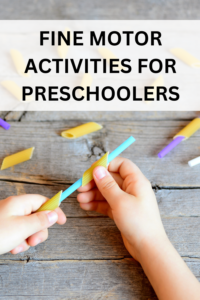
Hi! My name is Marra and I’m a mama and a pediatric occupational therapist who has years of experience working with children with different developmental needs and helping their parents navigate the ups and downs of child development.
I loved being a support person for parents learning about child development, fine motor skills, sensory processing, and their child’s individual needs.
I would often recommend to families toys or sensory equipment to help improve their child’s sensory processing and developmental skills. I’d also recommend my favorite fine motor activities for preschoolers. I’d like to share these recommendations with you.
By the end of this guide, you’ll not only have a comprehensive understanding of all of the amazing fine motor activities for preschoolers, but some great toys to use for these activities.
Whether it’s fine motor skill development, body integration, or sensory regulation, these toys hold the key to unlocking a world of growth, independence, and self-discovery.
This post is all about the top 25 amazing fine motor activities for preschoolers. Let’s dive in and see which ones your little one loves!
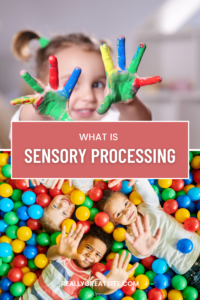

Materials: Playdough, cookie cutters, rolling pins
Activity: This is one of the favorite fine motor activities for preschoolers! Let your child roll, squeeze, and mold the play dough. Use cookie cutters to make shapes and objects.
Benefits:
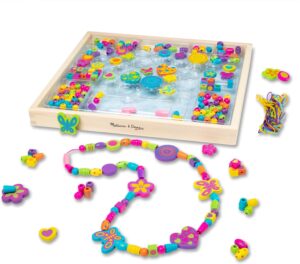
Materials: Large beads, string or shoelace
Activity: Have your child thread beads onto a string. Threading beads are creative fine motor activities for preschoolers.
Benefits:
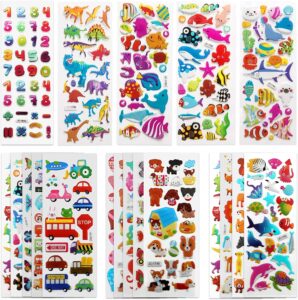
Materials: Stickers, paper
Activity: Let your child peel and stick stickers onto paper to create a picture or pattern.
Benefits:
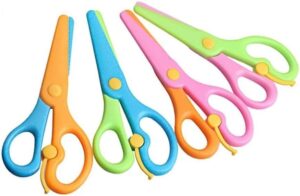
Materials: Child-safe scissors, paper
Activity: Provide child-safe scissors and paper for cutting practice. Start with straight lines and gradually move to shapes.
Benefits:
Materials: Buttons of various sizes, muffin tin
Activity: Ask your child to sort buttons by size or color into a muffin tin.
Benefits:
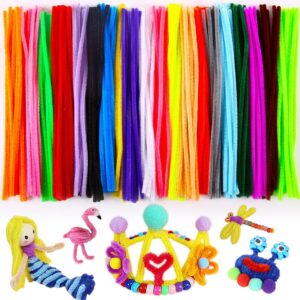
Materials: Pipe cleaners, beads
Activity: Let your child thread beads onto pipe cleaners to create jewelry or sculptures.
Benefits:
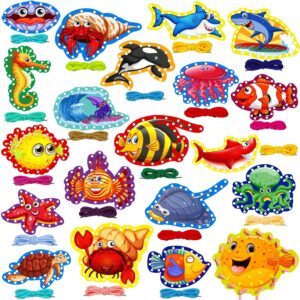
Materials: Lacing cards, shoelaces
Activity: Provide lacing cards and shoelaces for threading practice.
Benefits:
Enhances fine motor control: Lacing requires precise finger movements and control.
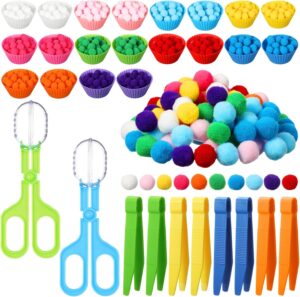
Materials: Pom-poms, tongs, bowls
Activity: Use tongs to transfer pom-poms from one bowl to another.
Benefits:
Materials: Q-tips, paint, paper
Activity: Let your child paint using Q-tips instead of brushes.
Benefits:
Materials: Tweezers, small objects (e.g., beans, beads), bowls
Activity: Use tweezers to pick up small objects and place them into bowls.
Benefits:
Materials: Clothespins, paper
Activity: Have your child clip clothespins onto the edge of a piece of paper.
Benefits:
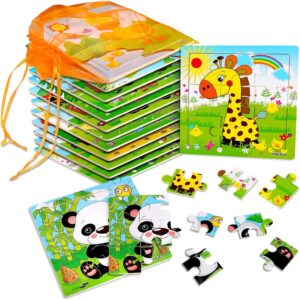
Materials: Age-appropriate puzzles
Activity: Encourage your child to complete puzzles.
Benefits:
Materials: Small containers, water, sponge
Activity: Use a sponge to transfer water from one container to another.
Benefits:
Materials: Stickers, paper with drawn lines
Activity: Draw lines on a piece of paper and have your child place stickers along the lines.
Benefits
Materials: Strips of paper, paper with slits
Activity: Provide strips of paper for your child to weave through slits in another piece of paper.
Benefits:
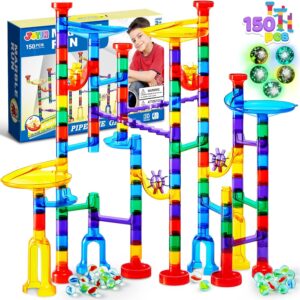
Materials: Marbles, marble run set
Activity: Let your child build and play with a marble run set.
Benefits:
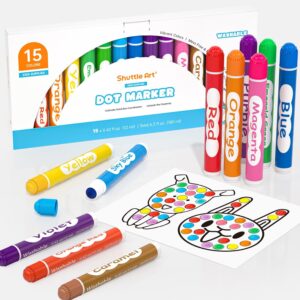
Materials: Dot markers, paper
Activity: Provide dot markers for your child to create pictures or patterns.
Benefits:
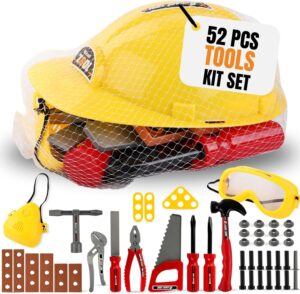
Materials: Nuts and bolts
Activity: Provide nuts and bolts for your child to screw and unscrew.
Benefits:
Materials: Tissue paper, glue, paper
Activity: Let your child tear tissue paper and glue the pieces onto paper to create a collage.
Benefits:
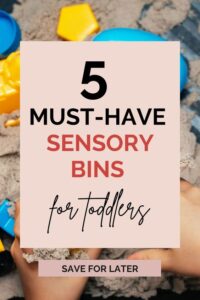
Materials: Sensory bin filler (e.g., rice, beans), small objects
Activity: Create a sensory bin filled with rice or beans and small objects for your child to find and pick up.
Benefits:
Materials: Sidewalk chalk
Activity: Encourage your child to draw with sidewalk chalk.
Benefits:
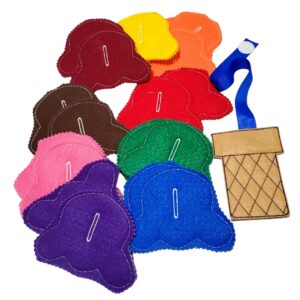
Materials: Ribbon, buttons, felt squares with slits
Activity: Create a “button snake” by sewing a button onto a ribbon and cutting slits into felt squares for your child to button and unbutton.
Benefits:
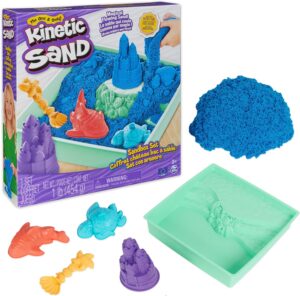
Materials: Sandbox, sand toys
Activity: Provide a sandbox with toys for digging, scooping, and building.
Benefits:
Materials: Child-safe cooking utensils, ingredients
Activity: Involve your child in cooking activities like stirring, pouring, and kneading dough.
Benefits:
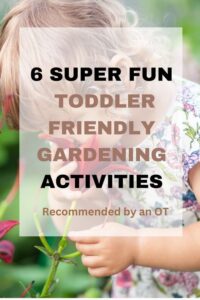
Materials: Child-sized gardening tools, plants, soil
Activity: Let your child help with gardening tasks like planting seeds, watering plants, and digging.
Benefits:
Be Patient: Developing fine motor skills takes time and practice. Be patient and offer plenty of encouragement when your child is participating in fine motor activities for preschoolers.
Keep It Fun: Make fine motor activities for preschoolers enjoyable and engaging to keep your child interested and motivated.
Encourage Independence: Allow your child to try tasks on their own, even if they struggle at first. Independence builds confidence and skills.
Rotate Activities: Offer a variety of these fine motor activities for preschoolers to keep your child engaged and to develop different skills.
Provide Praise: Celebrate your child’s efforts and accomplishments to boost their confidence and encourage further practice.
Incorporating these fine motor activities for preschoolers into your daily routine can significantly benefit your preschooler’s development. These fun and engaging tasks will not only strengthen their hand muscles but also improve their coordination, dexterity, and confidence.
Remember, the key is to keep the fine motor activities for preschoolers enjoyable and to offer plenty of encouragement and support as your child hones their fine motor skills.
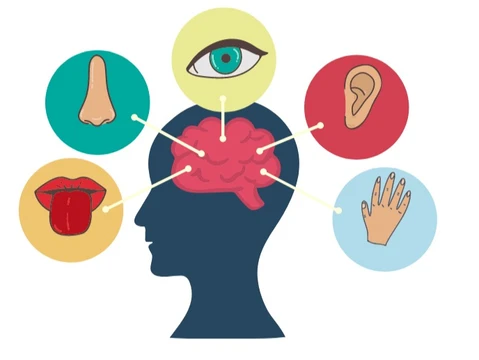
Are you a parent or a caregiver of a child with sensory processing difficulties. So many children and adults struggle with sensory processing difficulties however not many people truly understand how complex our sensory systems are. By understanding sensory processing better we can all help and advocate for those who need extra support. Hi! My…
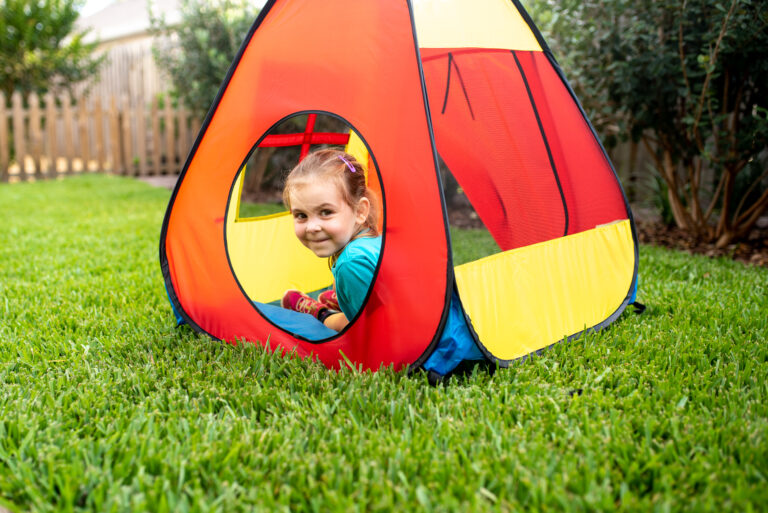
Are you looking for information on the best toys for toddlers with autism? Well, you are in the right place. For children with autism, toys not only provide entertainment but also serve as powerful tools for unlocking their potential. In this article, we delve into the world of play for toddlers on the autism spectrum,…

Make the most of the warm summer months and give your little ones a developmental boost with these fun, engaging outdoor summer activities for kids. From water play to gardening, there’s something for every age and interest. Let the outdoor adventures begin! It’s SUMMER! One of my favorite times of the year because we get…

Did you know our increasingly busy lifestyle and certain modern baby products are hindering your child’s development? Not many do. It’s time to raise awareness about Container Baby Syndrome and how it’s delaying our child’s natural growth. Discover how we can combat this through strategic parenting techniques, engaging activities, and healthier lifestyle habits. It’s time…
Are you a parent or caregiver of a child with high functioning autism spectrum disorder? Maybe you are curious and want to learn more about it. Maybe you are wondering if your child could be on the autism spectrum or has high functioning autism. If so, you are not alone. Autism is becoming more and…
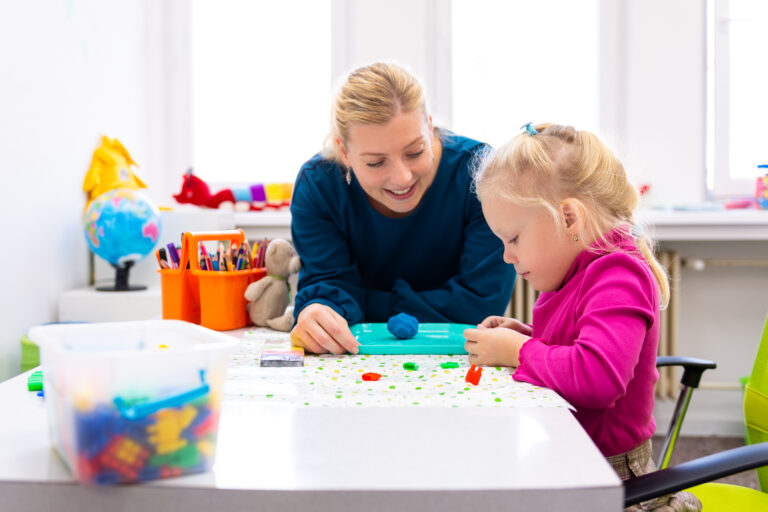
Occupational therapy (OT) is a holistic and client-centered healthcare profession that focuses on enabling individuals to participate in meaningful and purposeful activities of daily life. Occupational therapists work with people across the lifespan, from infants to geriatrics. We believe that the activities we participate in are what give our lives meaning In this comprehensive blog…